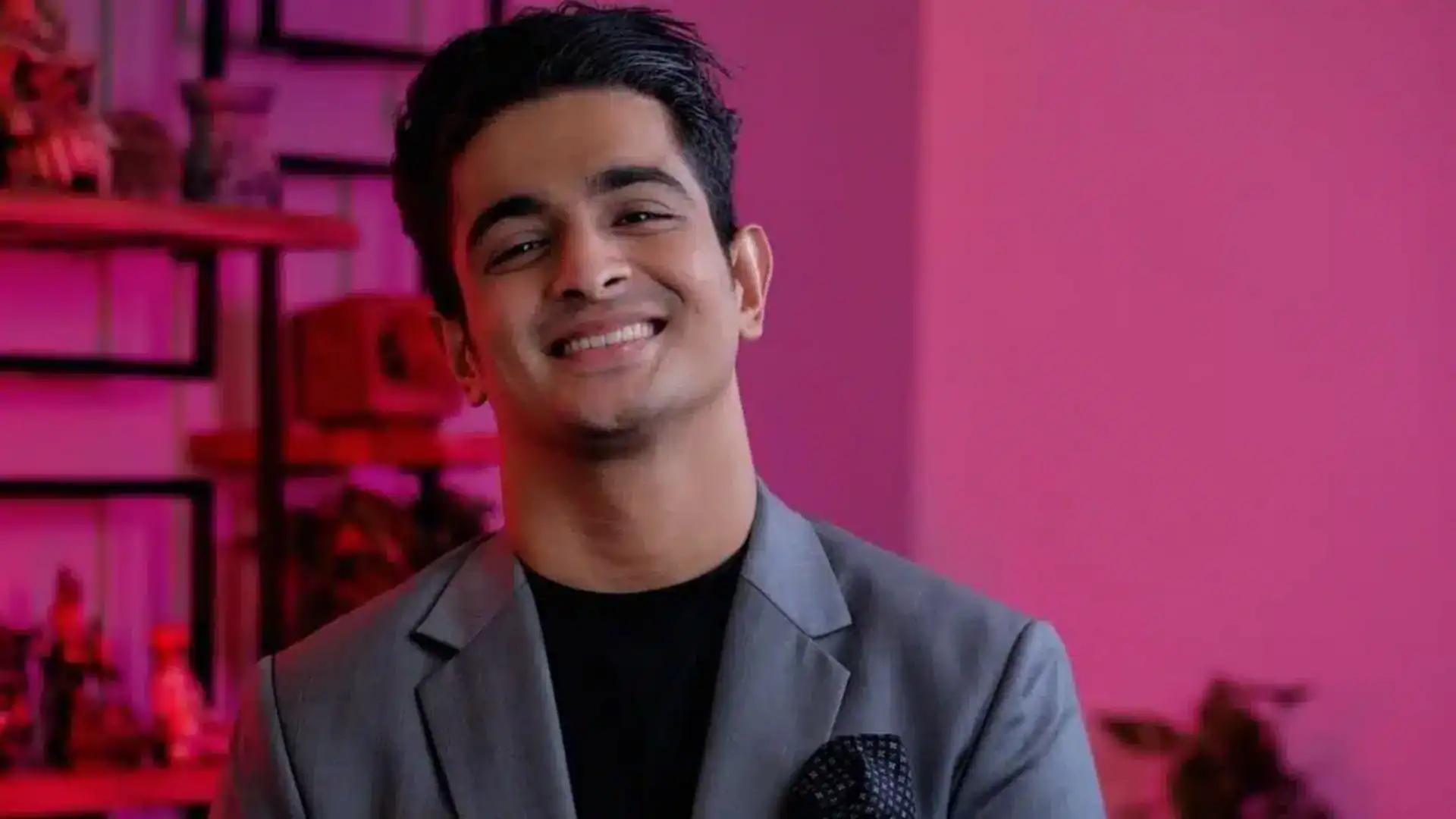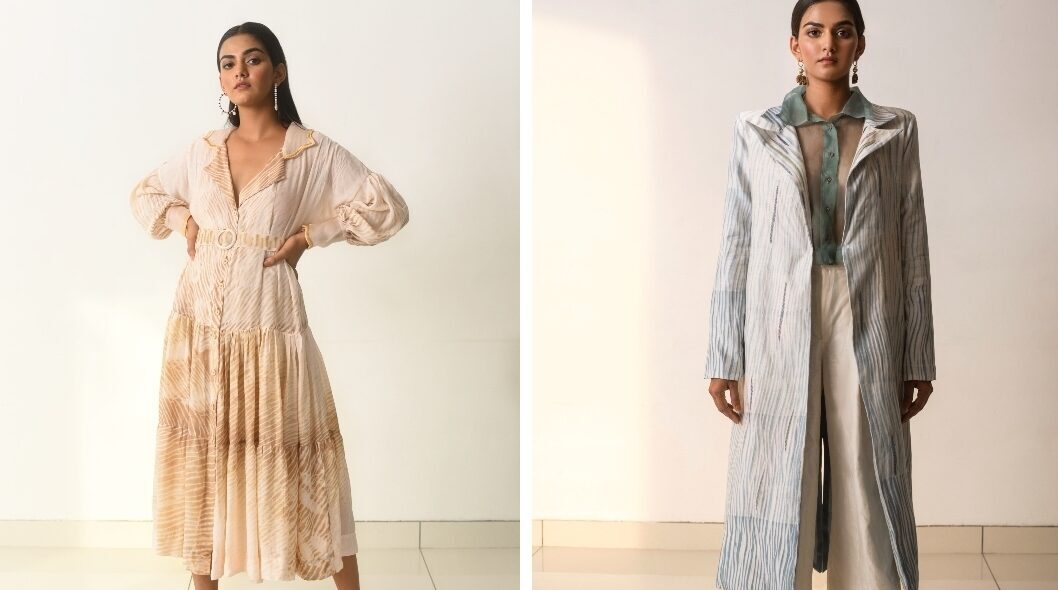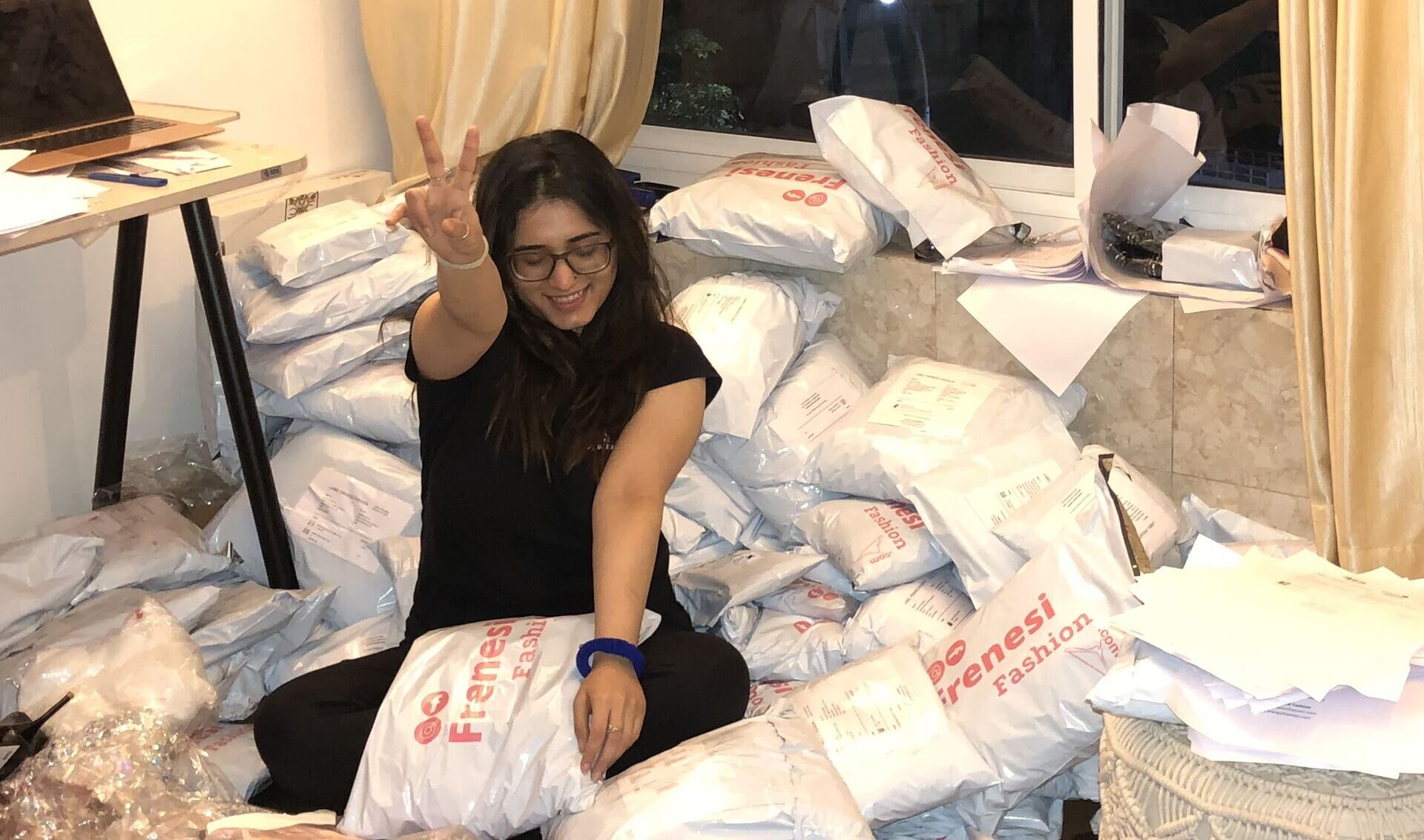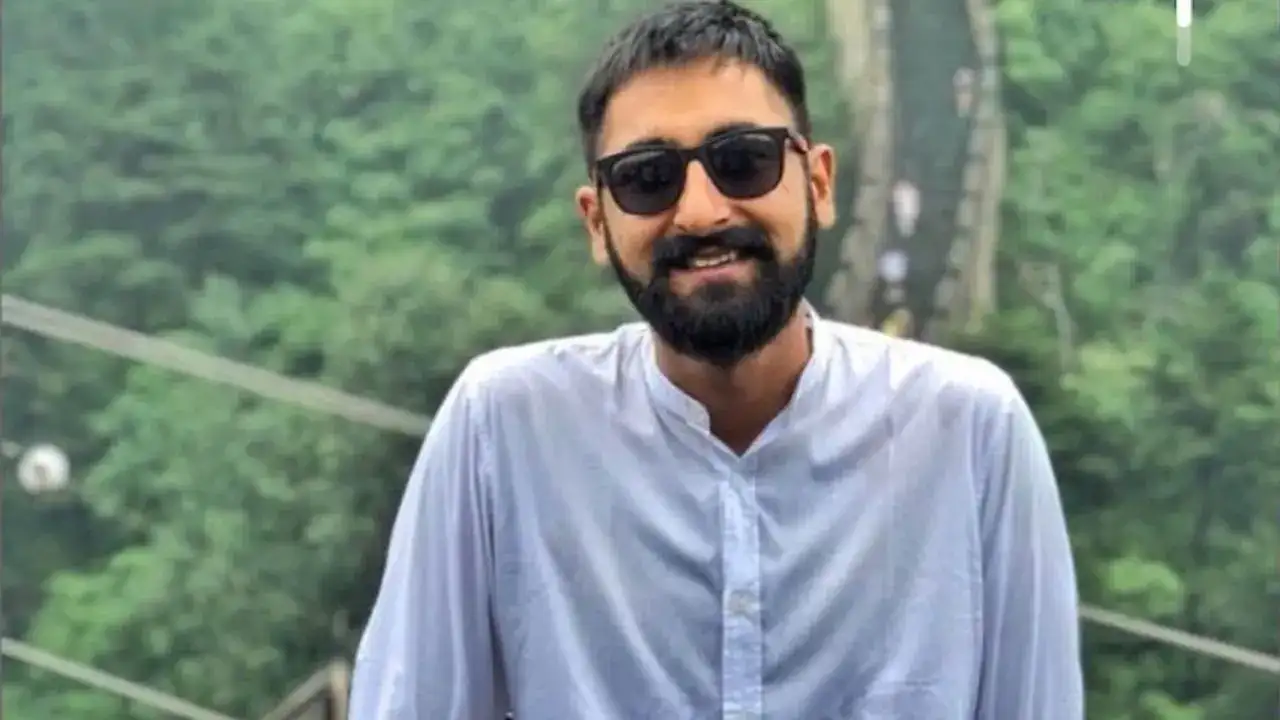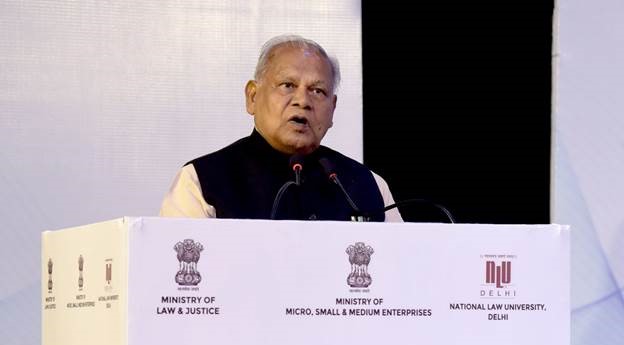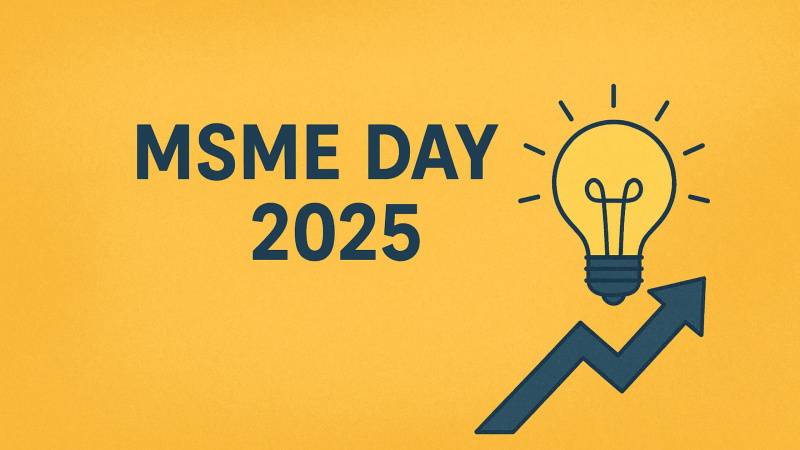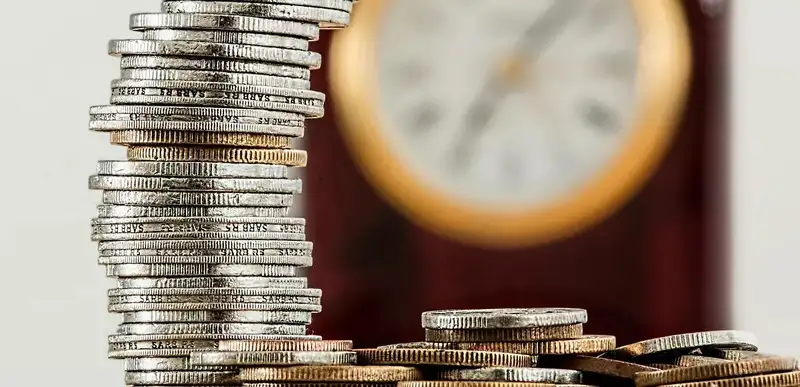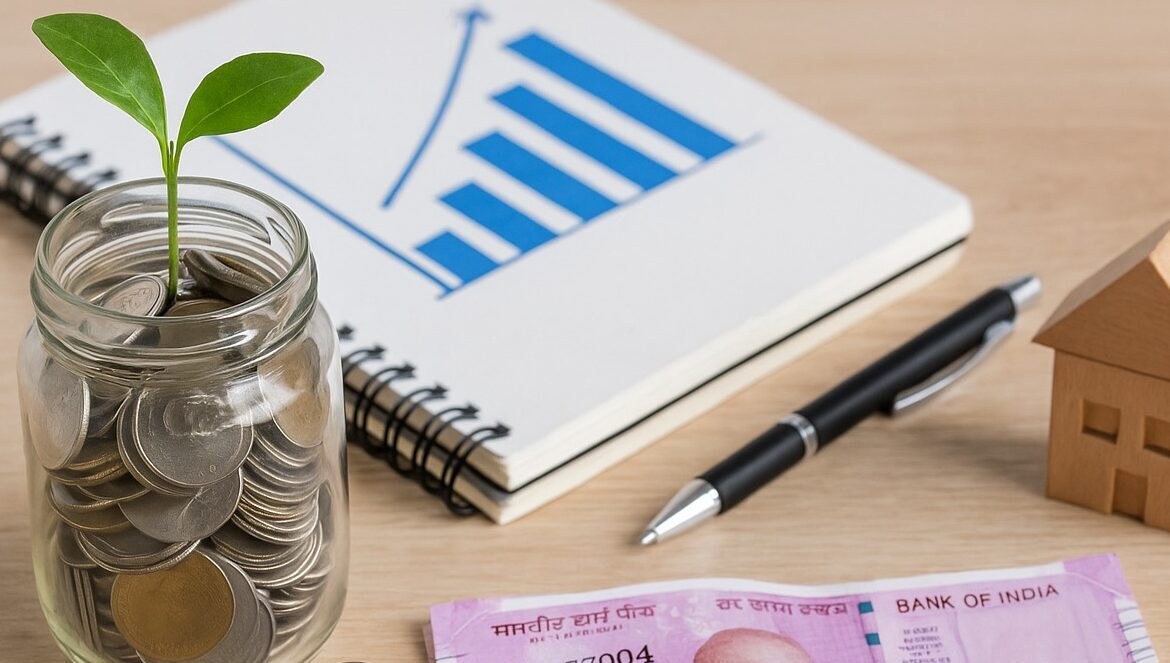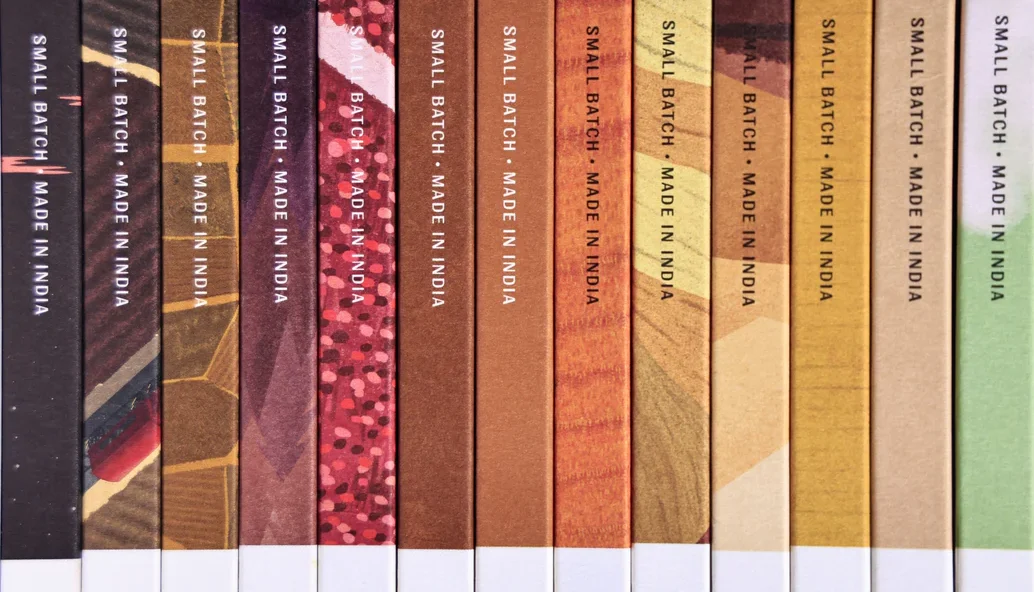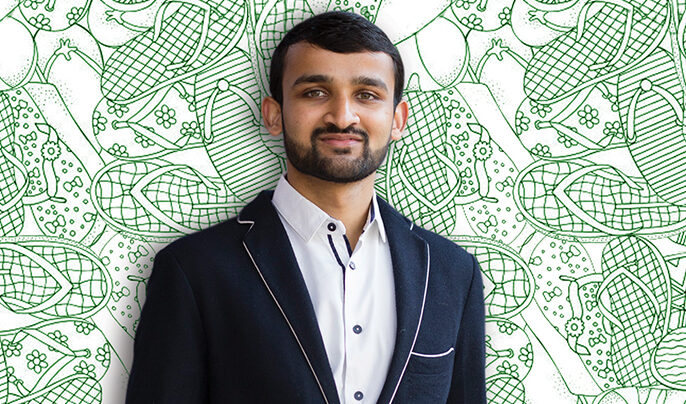Ranveer Allahbadia, popularly known as BeerBiceps, became embroiled in a dispute over India’s Got Talent program. What started out as just another content partnership quickly descended into a legal quagmire, bringing up issues of freedom of speech, digital responsibility, and the changing face of Indian influencer culture.
The Unintended Fallout: A Statement Under Scrutiny
Allahbadia apparently attended the performance of comedian Samay Raina, who is famous for his bold humor and unconventional discussions. But Allahbadia’s statement created a flutter, eventually landing the Maharashtra Cyber Cell in the picture.
In his statement to the police, Allahbadia clarified his intent behind appearing on India’s Got Latent, stating:“I am a friend of Samay Raina. That is why I went to the show. It was my mistake to say the line which has caused controversy. I should not have said that.”
This admission came after online debates and legal scrutiny over remarks made during the show. The show’s nature -pushing the boundaries of humor and candidness—became a focal point in discussions about responsible content creation.
The Digital Culture Clash: A Turning Point for Influencer Accountability?
This is not a single incident of a single statement—there is a greater cultural realignment happening in India’s online world. The past decade has seen content producers operate with record freedom, at times blurring boundaries between individual expression and public responsibility. Yet the increasing regulatory glare on social media content, particularly on sensitive topics, is a sign of tightening reins.
The Maharashtra Cyber Cell has asserted firmly on this issue, inviting not only Allahbadia but also other popular YouTubers Ashish Chanchlani, Apoorva Mukhija (The Rebel Kid), and the host Samay Raina. According to sources, more than 30 have been invited to be questioned, marking a more extensive investigation against offending content produced in the guise of comedy.
The Future of Influencer Speech in India
With the National Commission for Women (NCW) also intervening and summoning Allahbadia, Raina, and Mukhija, it is clear that the regulatory landscape for digital creators is tightening. The Supreme Court’s remarks during the legal proceedings—“If this isn’t obscenity, then what is?”—highlight the gravity of the situation.
Allahbadia, known for his disciplined self-improvement content and business insights, has since released an apology video, stating:“My comment was not appropriate; it wasn’t even funny. Comedy is not my forte. I personally had a lapse in judgment. I’m sorry.”
What’s Next?
For the time being, Ranveer Allahbadia has been provided with interim legal protection but is said to be prohibited from performing or traveling overseas. The larger question is: Will this event signal a change in how India’s digital content creators engage with content creation, or will it be a fleeting controversy in the constantly changing influencer economy?
One thing is sure – content creators in India are under greater scrutiny than ever before, and the debate over freedom of speech versus responsible content is only just beginning.
Also Read: Women Make Up Just 12-14% of India’s Gaming Workforce: AIGDF Report









